The world of hip-hop has long been intertwined with street culture, and one of the most notorious connections is the association between certain rappers and the Crips gang. Originating in South Central Los Angeles, the Crips have had a significant influence on hip-hop culture, with many influential artists claiming affiliation. In this article, we’ll explore 15 famous rappers who are known for their Crip connections, examining their impact on the music industry and their contributions to hip-hop culture.
The Crips and Hip-Hop Culture
The Crips, founded in Los Angeles in 1969, quickly became one of the largest and most infamous street gangs in the United States. As hip-hop emerged and gained popularity in the 1980s and 1990s, many artists from gang-affected neighborhoods found themselves reflecting their experiences in their music. This led to the rise of gangsta rap, a subgenre that often glorified street life and gang culture.
While it’s crucial to note that not all rappers with Crip associations actively promote gang activity, their backgrounds and experiences have undeniably shaped their artistry and contributed to the authenticity of their music.
List Of The Top 15 Famous Crip Rappers
Snoop Dogg
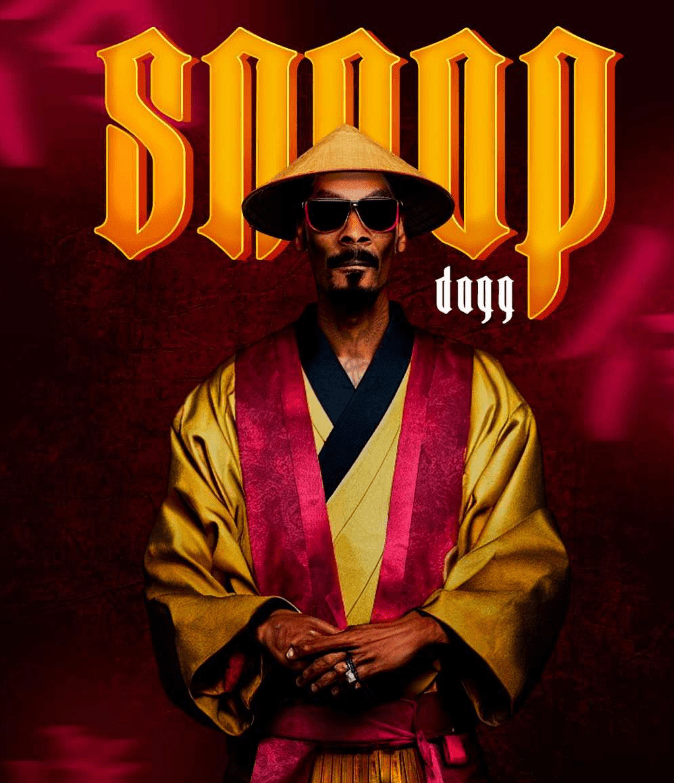
Calvin Cordozar Broadus Jr., better known as Snoop Dogg, is perhaps the most iconic rapper associated with the Crips. Hailing from Long Beach, California, Snoop’s affiliation with the Rollin’ 20 Crips has been well-documented throughout his career. Despite his gang ties, Snoop has become one of the most successful and influential figures in hip-hop, known for his laid-back flow and West Coast G-funk sound. His debut album “Doggystyle” (1993) is considered a classic, and he has continued to evolve as an artist and entrepreneur over the decades.
Also Read: Who is Summer Walker Parents? Bio, and Her Parents
Eazy-E
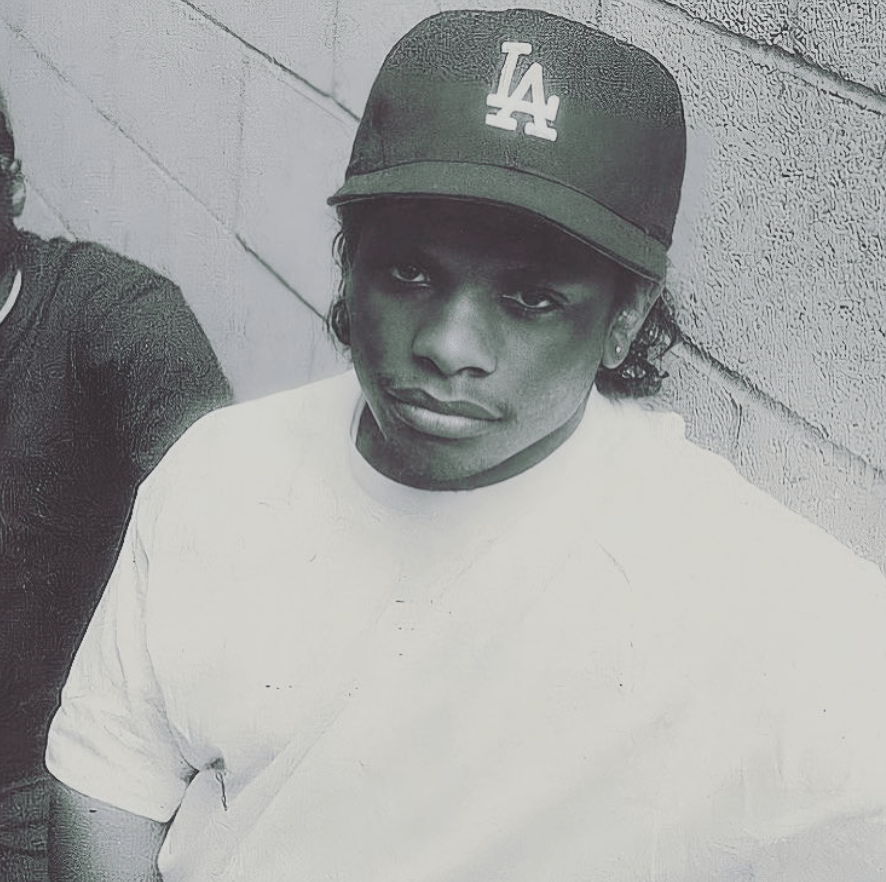
Eric Lynn Wright, known professionally as Eazy-E, was a founding member of N.W.A and a pivotal figure in the gangsta rap movement. Although he was more closely associated with the Kelly Park Compton Crips, Eazy-E’s influence on hip-hop culture is undeniable. His raw, unfiltered lyrics and distinctive voice helped bring West Coast rap to the forefront of the music industry. Tragically, Eazy-E passed away in 1995 due to AIDS-related complications, but his legacy as the “Godfather of Gangsta Rap” lives on.
MC Ren
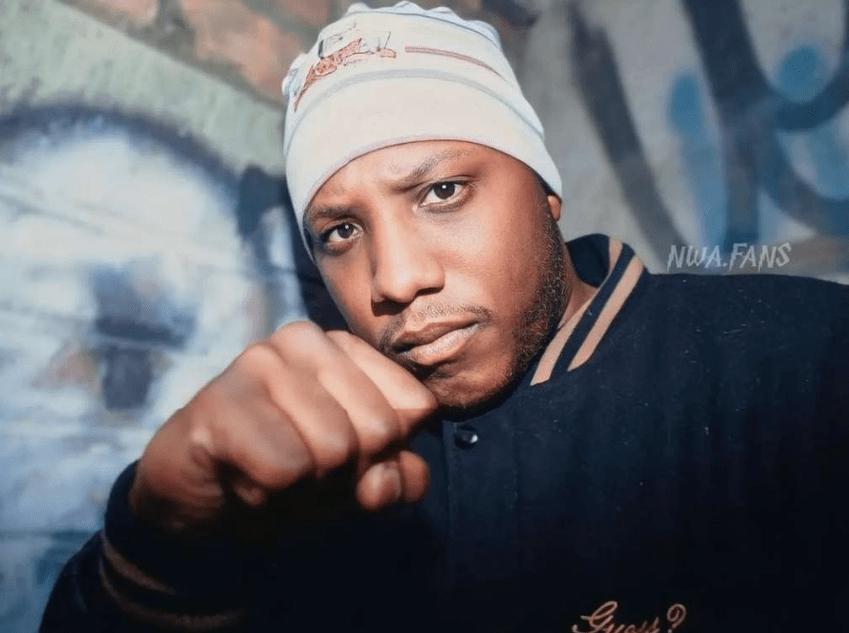
Lorenzo Jerald Patterson, known as MC Ren, was another key member of N.W.A and an influential figure in the early gangsta rap scene. Hailing from Compton, MC Ren’s affiliation with the Kelly Park Compton Crips is well-known. His sharp lyricism and aggressive delivery contributed significantly to N.W.A’s groundbreaking albums, including “Straight Outta Compton” (1988). After N.W.A’s dissolution, MC Ren pursued a successful solo career, releasing several critically acclaimed albums.
Also Read: Jeanette Adair Bradshaw: Morgan Freeman’s First Love
Kurupt
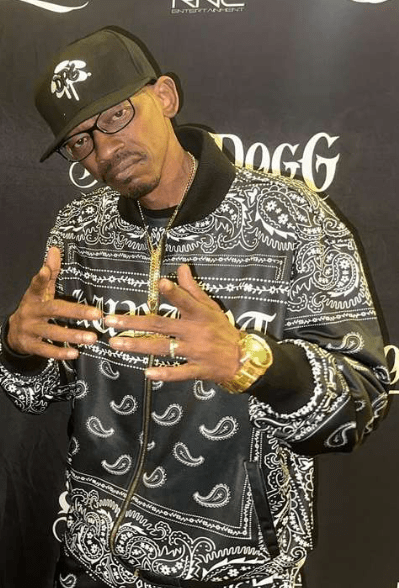
Ricardo Emmanuel Brown, better known as Kurupt, is a Philadelphia-born rapper who moved to Los Angeles and became affiliated with the Rollin’ 60s Neighborhood Crips. As one half of Tha Dogg Pound duo and a prominent artist on Death Row Records, Kurupt played a crucial role in shaping the West Coast rap sound of the 1990s. Known for his intricate wordplay and fierce battle raps, Kurupt has maintained a respected position in the hip-hop community throughout his career.
Nate Dogg
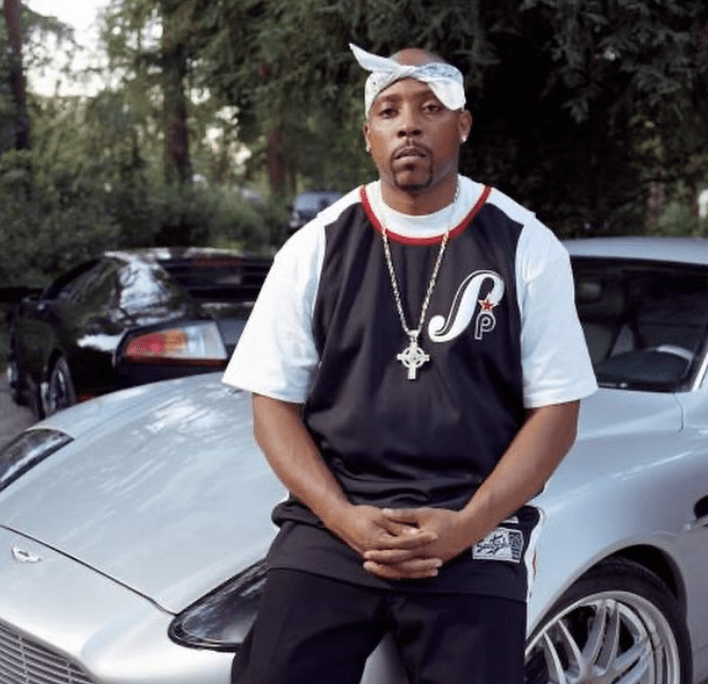
Nathaniel Dwayne Hale, known as Nate Dogg, was a key figure in West Coast hip-hop, known for his smooth, melodic hooks that graced countless rap hits. A member of the 213 group alongside Snoop Dogg and Warren G, Nate Dogg was affiliated with the 213 Hoover Criminals subset of the Crips. His distinctive voice and ability to blend R&B with gangster rap made him one of the most sought-after collaborators in the industry until his untimely death in 2011.
Also Read: Joey Swoll Age and Bio | Fitness Influencer Details
Warren G
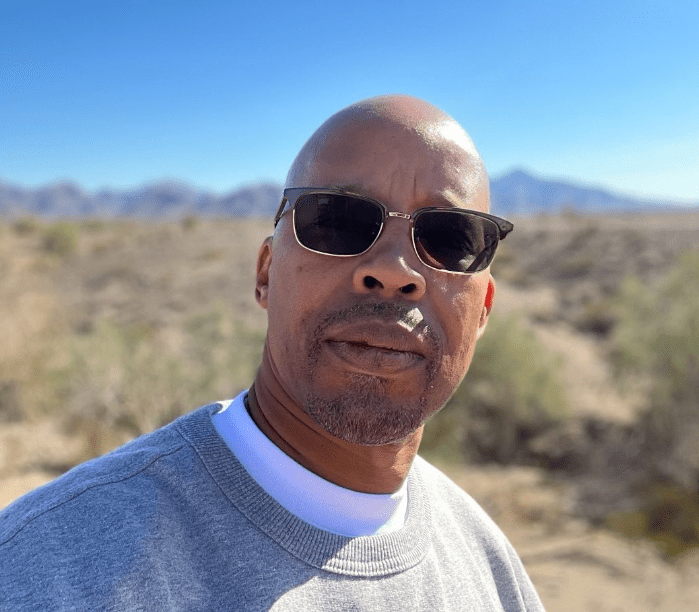
Warren Griffin III, known professionally as Warren G, is another Long Beach native with ties to the Rollin’ 20 Crips. A step-brother to Dr. Dre and childhood friend of Snoop Dogg, Warren G played a significant role in popularizing the G-funk sound. His 1994 hit “Regulate” with Nate Dogg became an instant classic, showcasing his laid-back flow and storytelling abilities.
Schoolboy Q
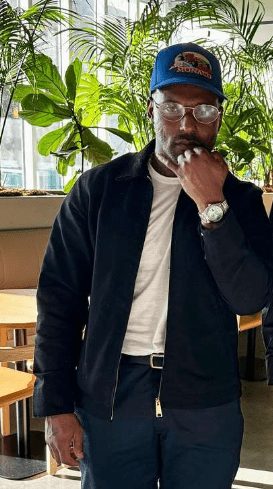
Quincy Matthew Hanley, better known as Schoolboy Q, represents a newer generation of Crip-affiliated rappers. A member of the Black Hippy collective alongside Kendrick Lamar, Schoolboy Q has been open about his past involvement with the Hoover Criminals, a subset of the Crips. His gritty, introspective lyrics and unique vocal style have earned him critical acclaim and commercial success, with albums like “Oxymoron” (2014) debuting at number one on the Billboard 200.
Also Read: Top 10 Trendy Dread Mohawk Styles
Jeezy
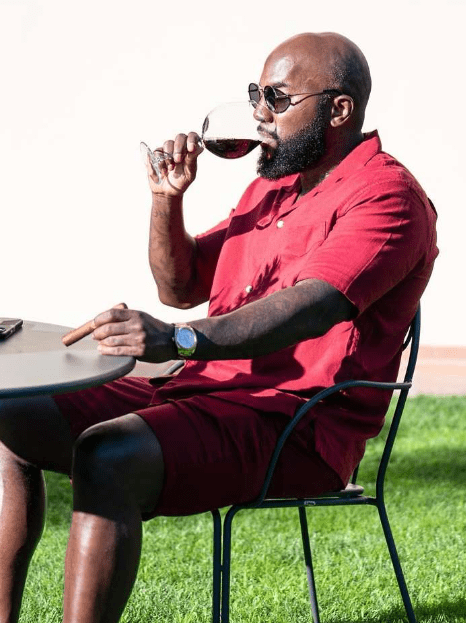
Jay Wayne Jenkins, known professionally as Jeezy (formerly Young Jeezy), has been associated with the Macon, Georgia set of the Crips. Rising to prominence in the mid-2000s, Jeezy’s trap music style and hustler’s mentality resonated with audiences across the country. His debut major-label album, “Let’s Get It: Thug Motivation 101” (2005), is considered a landmark in Southern rap, and he has continued to be a influential figure in hip-hop.
Lil Wayne
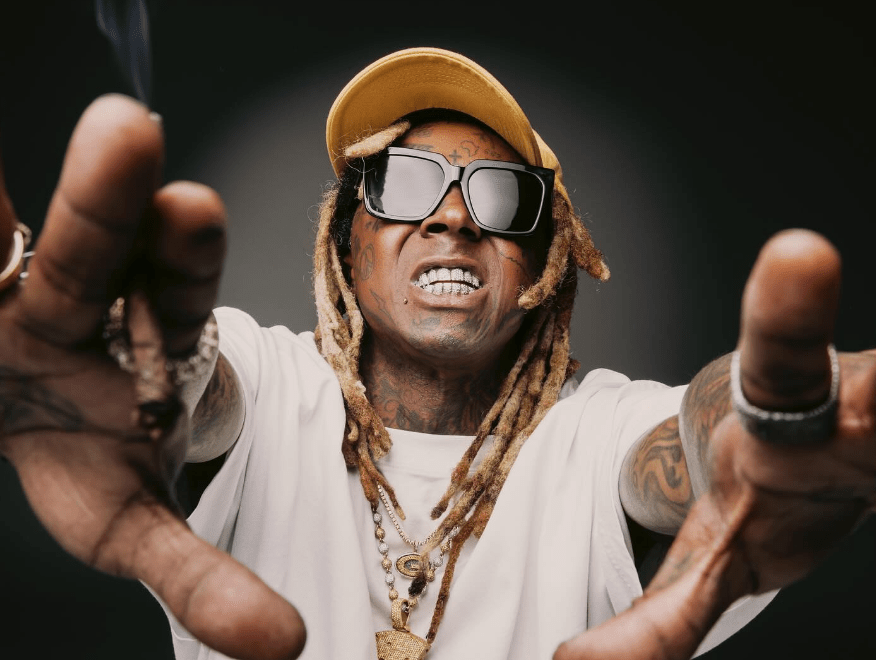
Dwayne Michael Carter Jr., known as Lil Wayne, has long been rumored to have Crip affiliations, specifically with the 60s set. While Wayne has never explicitly confirmed these ties, his lyrics and use of blue bandanas have fueled speculation. Regardless of his gang associations, Lil Wayne’s impact on hip-hop is undeniable, with his unique wordplay and prolific output making him one of the most successful rappers of all time.
Also Read: Amanda Kate Lambert: Biography of Nancy Sinatra’s Daughter
Blueface

Johnathan Jamall Porter, known as Blueface, is a more recent addition to the roster of Crip-affiliated rappers. Hailing from Los Angeles, Blueface has been open about his connections to the School Yard Crips. Known for his off-beat flow and viral hits like “Thotiana,” Blueface represents a new generation of rappers who have leveraged social media and streaming platforms to achieve fame.
Roddy Ricch
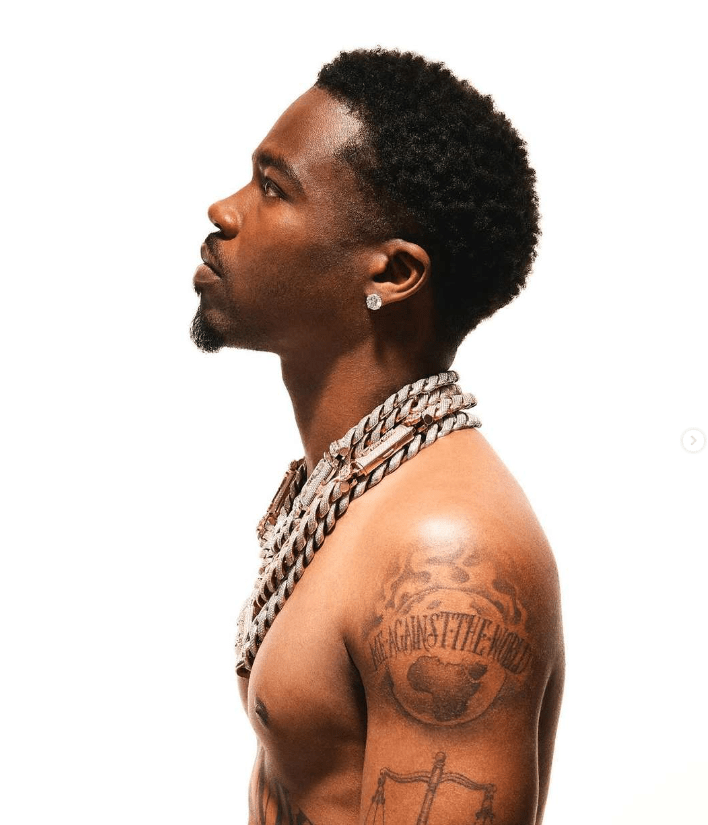
Rodrick Wayne Moore Jr., professionally known as Roddy Ricch, is another young rapper with Crip ties. From Compton, California, Roddy Ricch has been associated with the Park Village Compton Crips. His unique blend of melodic rap and introspective lyrics has earned him critical acclaim and commercial success, with his debut album “Please Excuse Me for Being Antisocial” (2019) topping the Billboard 200.
Also Read: Dorothy Bowles Ford: Shaping Harold Ford Jr.’s Journey
Pop Smoke
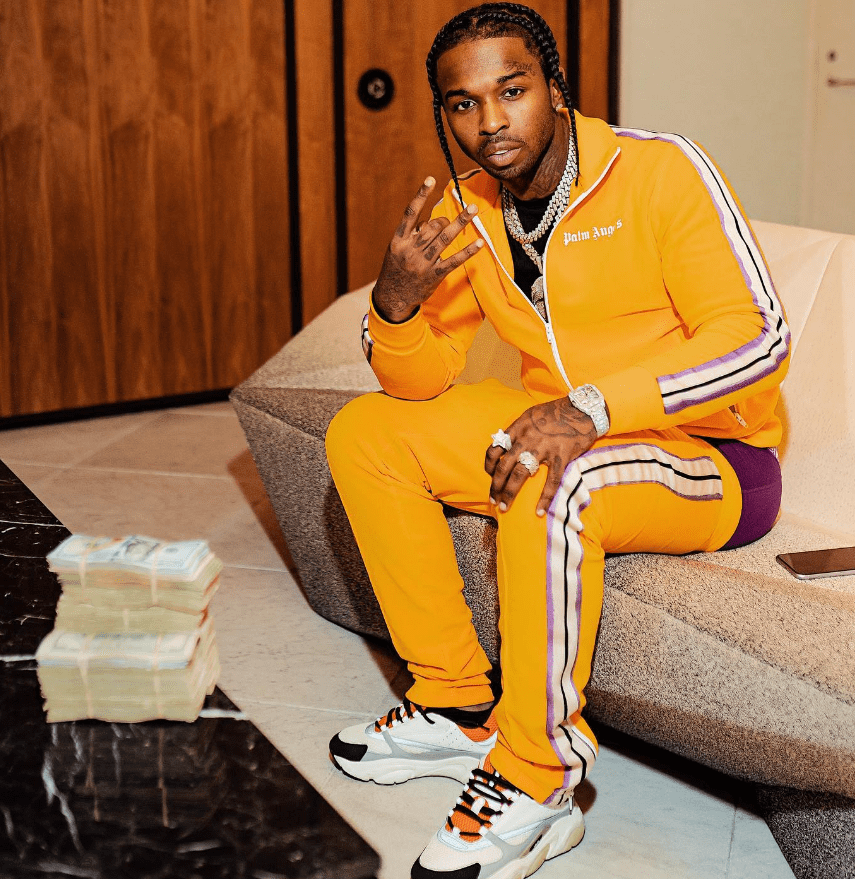
Bashar Barakah Jackson, known as Pop Smoke, was a rising star in the Brooklyn drill scene before his tragic death in 2020. Associated with the 823 Crips (Eight Tray Gangster Crips), Pop Smoke’s deep voice and charismatic presence made him a standout artist. His posthumous debut album, “Shoot for the Stars, Aim for the Moon” (2020), debuted at number one on the Billboard 200, cementing his legacy in hip-hop.
Coolio
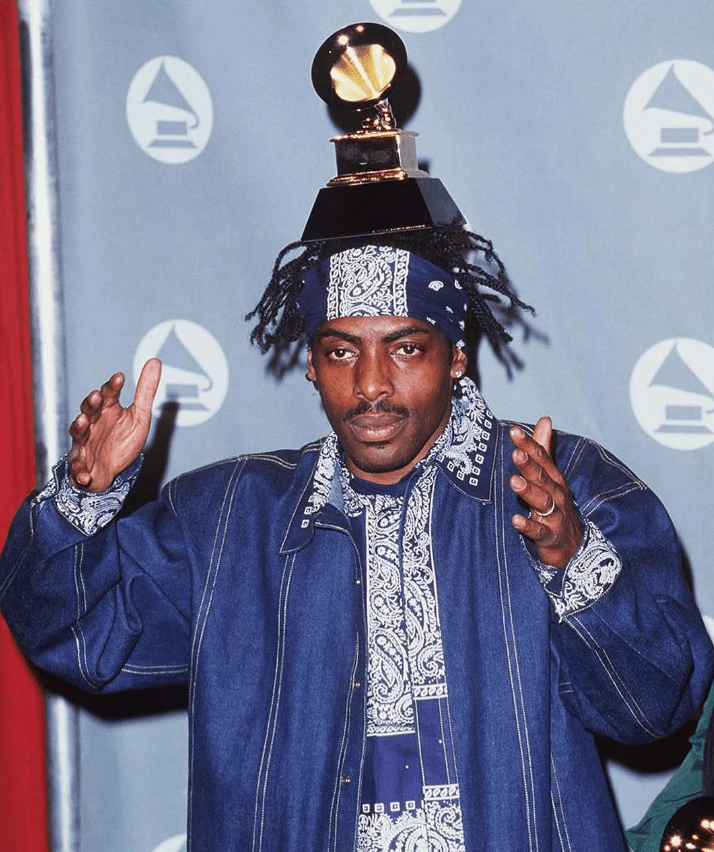
Artis Leon Ivey Jr., known professionally as Coolio, had ties to the Mona Park Compton Crips. Rising to fame in the 1990s, Coolio’s hit single “Gangsta’s Paradise” became one of the most successful rap songs of all time. While his gang affiliations were not as prominent in his public image, Coolio’s music often touched on themes of street life and struggle.
Also Read: 10 Celebrities Rocking Their AA Cups with Confidence
Rowdy Rebel
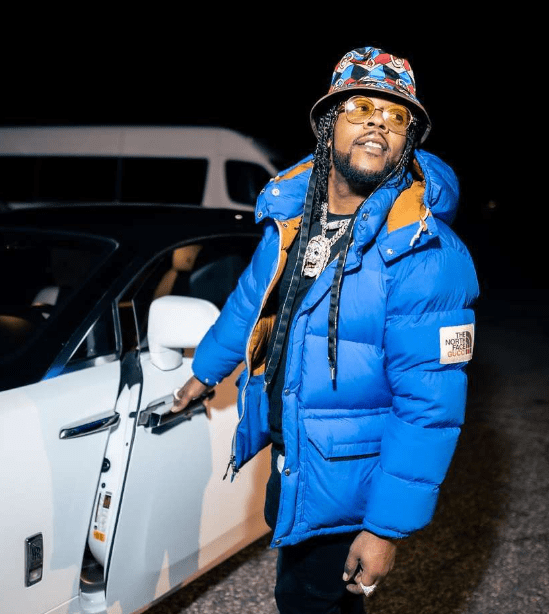
Chad Marshall, known as Rowdy Rebel, is a Brooklyn-based rapper associated with the GS9 crew, which has ties to the Crips. Gaining prominence alongside Bobby Shmurda, Rowdy Rebel’s career was interrupted by a prison sentence. Since his release, he has continued to make music that reflects his experiences and background.
Sleepy Hallow
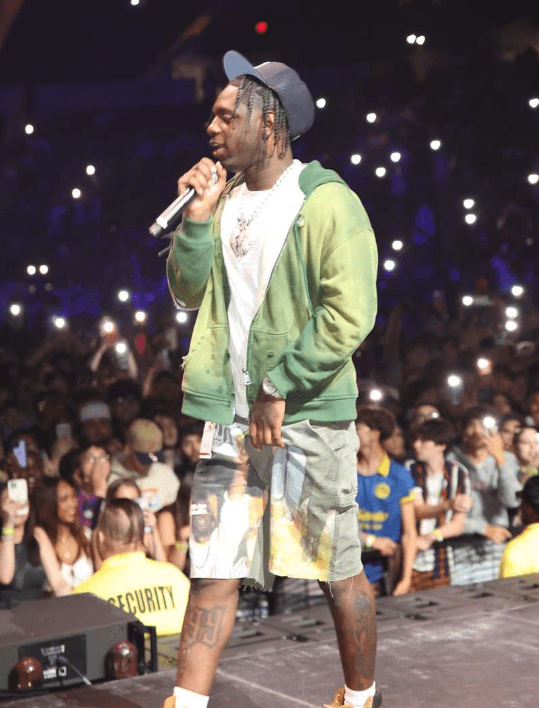
Tegan Joshua Anthony Chambers, known as Sleepy Hallow, is another Brooklyn-based rapper associated with the Eight Tray Gangster Crips. A key figure in the Brooklyn drill scene, Sleepy Hallow has gained recognition for his melodic approach to drill music and his collaborations with fellow Brooklyn rapper Sheff G.
Impact On Hip-Hop Music
The influence of Crip-affiliated rappers on hip-hop music cannot be overstated. These artists have played a crucial role in shaping various subgenres, from G-funk and gangsta rap to more recent styles like trap and drill. Their lyrics often provide raw, unfiltered accounts of street life, bringing attention to social issues affecting inner-city communities.
Moreover, many of these artists have transcended their gang affiliations to become successful entrepreneurs, actors, and community leaders. They have used their platforms to address social issues, promote positive change, and create opportunities for others from similar backgrounds.
Conclusion
The connection between the Crips and hip-hop has produced some of the most influential and successful rappers in the industry. From veterans like Snoop Dogg and Eazy-E to newer artists like Roddy Ricch and Pop Smoke, these rappers have left an indelible mark on hip-hop culture. While their gang affiliations have often been a point of controversy, it’s important to recognize the complex realities that shaped their experiences and art.
As hip-hop continues to evolve, the influence of Crip-affiliated rappers remains evident in the music, fashion, and culture of the genre. Their stories of struggle, survival, and success continue to resonate with audiences worldwide, ensuring their place in the annals of hip-hop history.


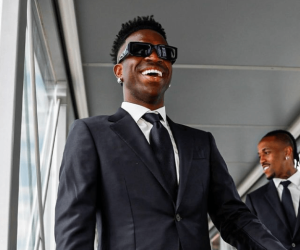
![Teddy Swims Wife: Is He Married Now? [Covered Everything]](https://www.topinspired.com/wp-content/uploads/2024/04/Teddy-swim-300x250.png)